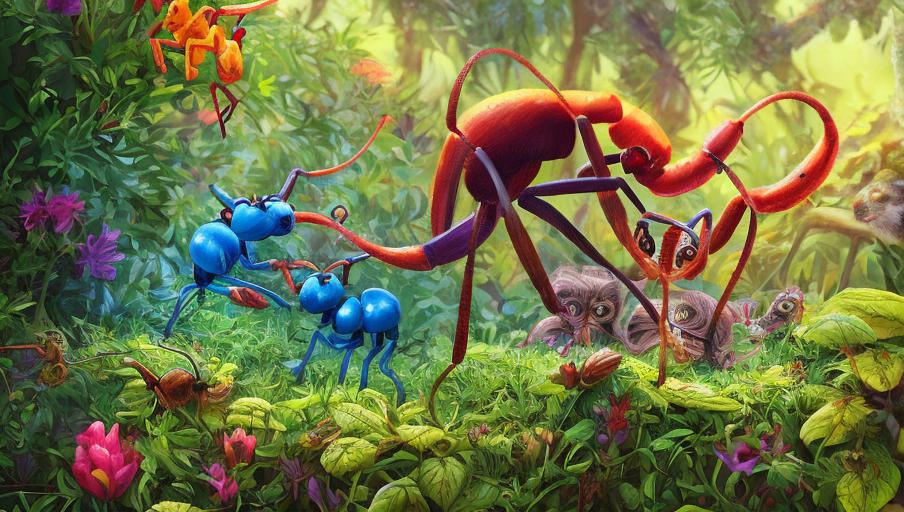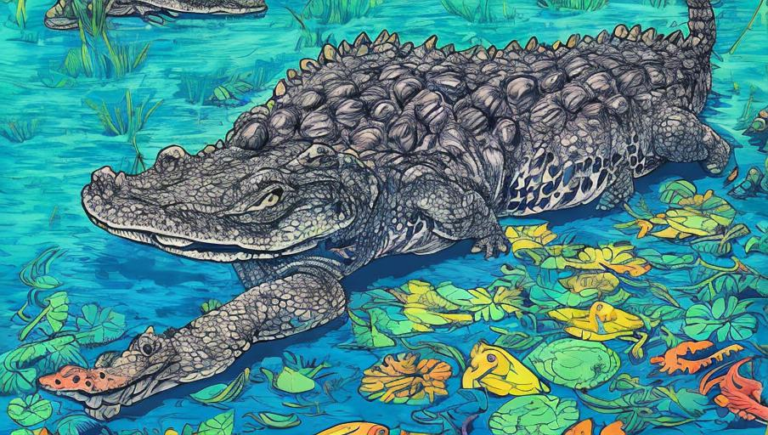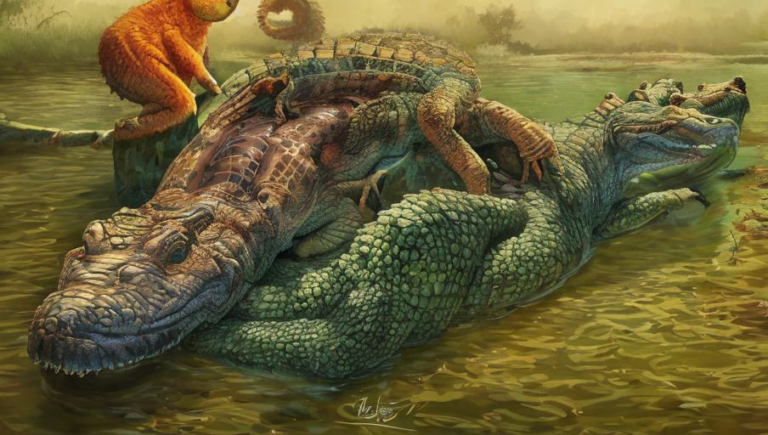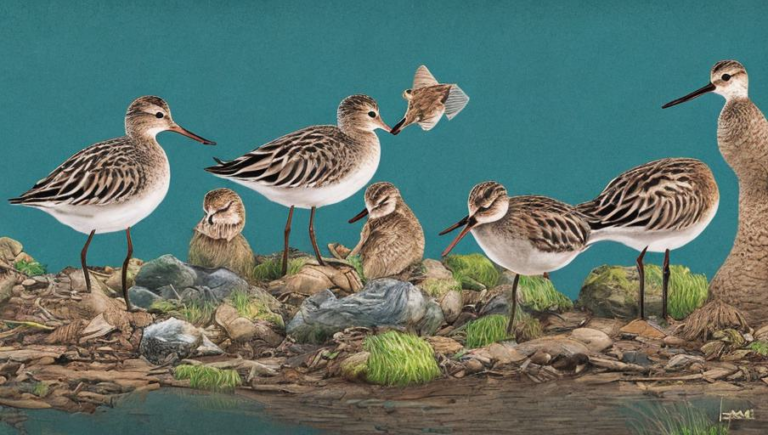Impacts of Human Activity on Ants

Introduction
Ants are some of the most common insects on the planet. They can be found in almost every environment, including deserts and the Arctic. Ants have adapted to a variety of human activities, including farming, gardening, and construction. Unfortunately, human activity can also have an adverse effect on ant populations. This article will explore the negative impacts of human activity on ants and what can be done to reduce them.
Habitat Loss
One of the most serious consequences of human activity is habitat loss. As humans build homes and roads, they often destroy ant colonies and food sources. This can lead to a decline in ant populations, as they no longer have the resources they need to survive. Furthermore, some ant species are more sensitive to habitat destruction than others, meaning that a decline in their population could have a ripple effect on other species in the area.
Pesticides
Pesticides are chemicals used to kill insects, including ants. However, they can also have a negative effect on ant populations. Ants can be killed by pesticides, as well as by their residues. Pesticides can also cause long-term damage to ant colonies, leading to a decline in their numbers.
Climate Change
Climate change is another factor that can have a negative effect on ants. As temperatures rise, some ant species may be unable to survive in certain areas. This can lead to a decrease in ant populations, as they are forced to find new habitats. Additionally, climate change can also lead to changes in food sources, which can be detrimental to ant populations.
Solutions
Fortunately, there are steps that can be taken to reduce the negative impacts of human activity on ant populations. For example, farmers and gardeners can reduce their use of pesticides, as well as switch to more natural alternatives. Additionally, conservation efforts can help to protect habitats, ensuring that ant colonies remain intact. Finally, the public can also help by creating habitats for ants, such as sand pits and log piles, in their gardens.
Conclusion
Ants are an important part of the ecosystem, and it is important to protect them. Human activities can have a negative impact on ant populations, but there are steps that can be taken to reduce this impact. By reducing the use of pesticides, protecting habitats, and creating homes for ants, we can help ensure that these creatures continue to thrive.





